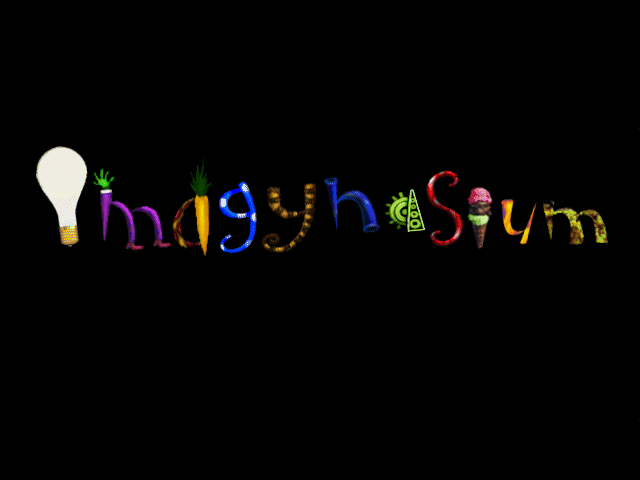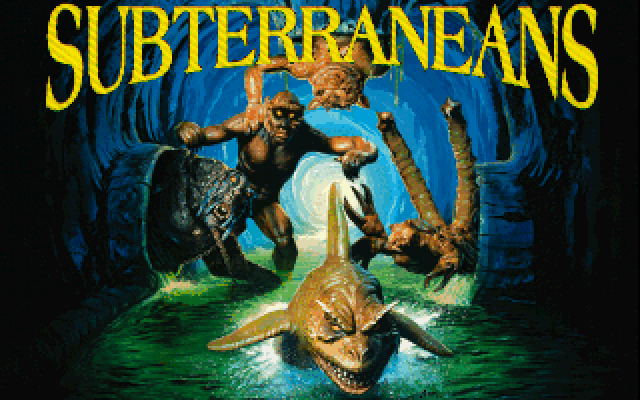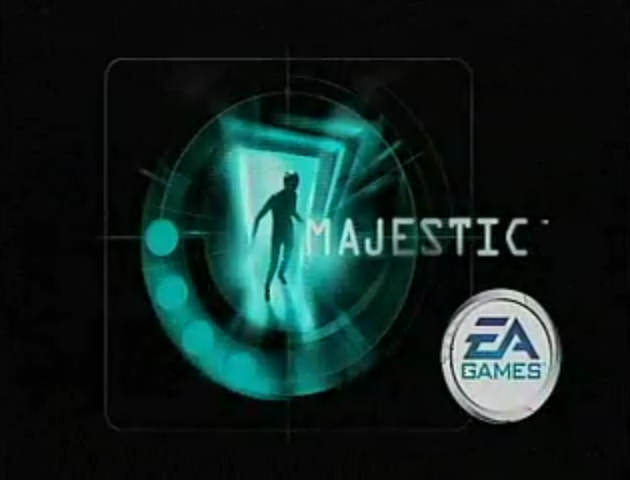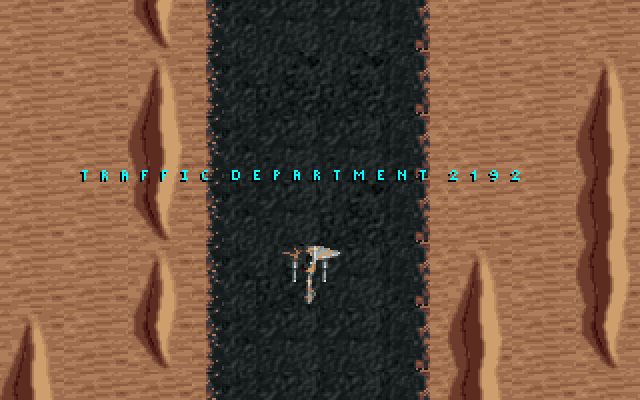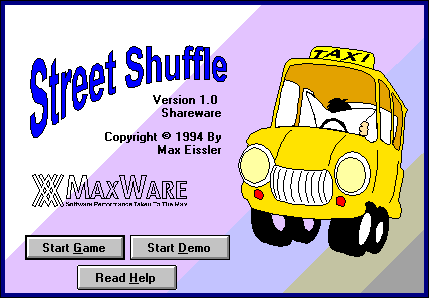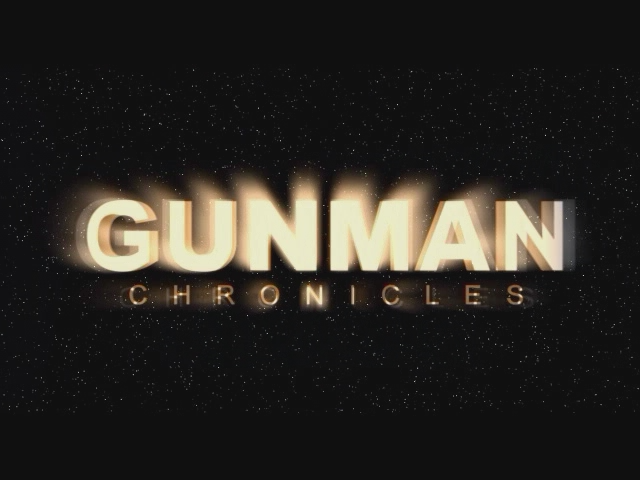Time for a moderate-to-big announcement: I’m dipping my toes into game streaming!
I love taking The Obscuritory into the wild and meeting people with an interest in the weirder corners of gaming. Streaming is another great way to share unknown games with an enthusiastic audience, so I’ve decided to explore it a bit. I have no intention of becoming a dedicated or regular streamer, but broadcasting obscure games and talking with viewers is a new opportunity that I’m extremely excited to try.
My goal is to put on a show that’s entertaining and informational, mixing history and design discussion with game-playing. Don’t expect memes and over-the-top reactions; I want my channel to be a more thoughtful and open place where everyone can learn, share, and build positive culture with obscurities. Again, I might not even stream much after my first trial run – especially if it turns out to be too much work – but when I do, I want to use the platform for good.
My first stream will be on Monday, September 7th at 7pm EDT on twitch.tv/obscuritory. To celebrate the occasion, I’ll be playing a grab bag assortment of games I haven’t previously covered on this blog. (Not telling which ones…) It’ll run for two or three hours, so please drop by! This’ll be a fun event that I hope you’ll come watch.
(Any future streams will likely be announced via Tumblr.)
UPDATE: Thanks to folks for coming by for the stream! I was a little incoherent during lots of it and said spoke out of turn a bit, so I won’t share the archived video link, but everyone seemed to have fun regardless. I may do other sporadic streams in the future.



